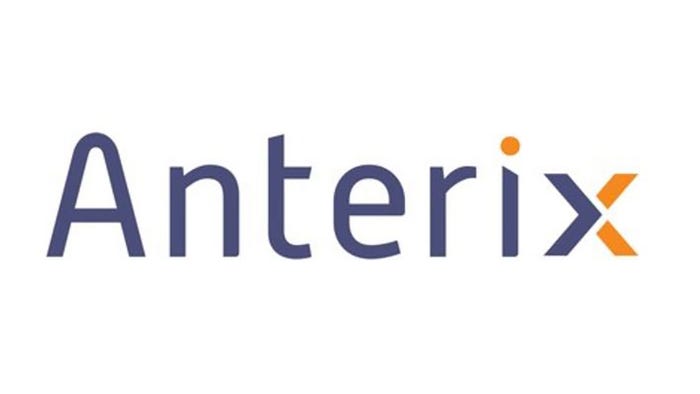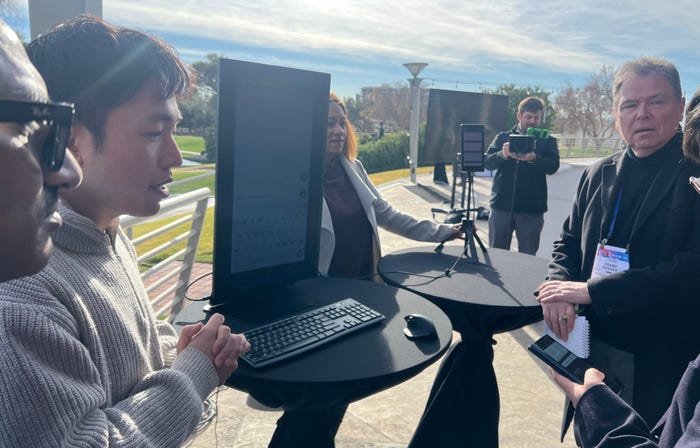House members introduce $15 billion NG911 funding billHouse members introduce $15 billion NG911 funding bill

Key U.S. House members introduced bipartisan legislation that would provide $15 billion in federal funding to support 911 centers nationwide as they make the transition from legacy technology to an IP-based next-generation 911 (NG911) platform.
Standalone legislation that had not been assigned a bill number as of Friday night, the “Next Generation 9-1-1 Act of 2023” was introduced by Reps. Anna Eshoo (D-Calif.) and Richard Hudson (R-N.C.)—both of whom are members of the Congressional NextGen 911 Caucus.
Eshoo said that it is important for Congress to support the transition to NG911 technology that is designed to let 911 centers natively receive emergency information via text, data, photo and video communications, as well as via traditional voice calls.
“Communications have changed dramatically since the first 911 call was placed over fifty years ago, but emergency call centers have not kept pace with these innovations,” Eshoo said in a prepared statement. “Over 85% of Americans now own a smartphone, and our 911 call centers aren’t equipped with the most up-to-date technology to respond to text messages or images from smartphones.
“Our bill provides much-needed funding for states and local communities to bring their 911 infrastructure into the 21st Century, helping first responders and public safety officials save lives.”
Hudson echoed this sentiment.
“Modernizing our 911 infrastructure will make you safer and help first responders on the front lines,” Hudson said in a prepared statement. “Next-generation 911 will begin saving lives in our communities the moment it is deployed, which is why I am proud to lead this bipartisan legislation.”
Brian Fontes, CEO of the National Emergency Number Association (NENA), welcomed the introduction of the NG911 legislation, which he said retains most of the language that was considered by the Senate late last year. That language—introduced at the time as part of a larger proposal associated with the FCC’s authority to auction spectrum—was not passed during the last Congress, so new NG911 funding legislation needed to be introduced in this Congress for lawmakers to consider the matter.
While the language is similar, the legislation introduced by Eshoo and Hudson is different from the NG911 funding considered at the end of the last Congress, according to Fontes.
“This is a standalone bill—it’s not the FCC’s spectrum package/auction-authority bill,” Fontes said during an interview. “That’s an important distinction.”
In addition, the proposed NG911 funding language considered at the end of last year identified future FCC spectrum-auction proceeds as the source of the funding. As a standalone bill, the new legislation introduced this week does not yet address the funding source for the $15 billion to support NG911 deployments, Fontes said.
“This legislation really doesn’t identify the source of the [NG911] funding, whereas the auction-authority [legislation considered in the last Congress] would identify the source of the funding,” Fontes said.
“It says, ‘Let’s deploy next-generation 911,’ and it really doesn’t address the funding part of it; it just says, ‘Let’s do it.’ But you that, to do it, you have to have funds. So, at some point—either through auction revenues or the general Treasury—funds would have to be made available to be able to deploy [NG911 technology].”
Fontes said he believes the language that existed at the end of last year should provide a good foundation for NG911 funding language in the new Congress.
“There was agreement on that [from all key groups in the 911 community],” Fontes said during an interview with IWCE’s Urgent Communications. “What was introduced [by Eshoo and Hudson] was essentially that language. So, there is agreement and support for that language, no question about it.”
Indeed, many key members of the 911 community already have expressed support for the NG911 funding bill introduced by Eshoo and Hudson.
Mel Maier, spokesman for the Public Safety Next Generation 911 Coalition, applauded the introduction of the NG911 funding proposal.
“Representatives Hudson and Eshoo have been stalwart advocates for Next Generation 9-1-1, in their roles as co-chairs of the NextGen 9-1-1 Caucus and members of the Energy and Commerce Committee,” Maier said in a prepared statement.
“On behalf of the Public Safety Next Generation 9-1-1 Coalition—composed of the nation’s leading law enforcement, fire, EMS, and public safety communications associations—we thank them for their introduction of the Next Generation 9-1-1 Act of 2023. We sincerely appreciate their continued leadership to ensure that NG911 is fully funded as soon as possible.”
George Kelemen, executive director for the Industry Council for Emergency Response Technologies (iCERT), agreed.
“Next-generation 9-1-1 systems are critical to the safety and security of our citizens, our communities, and our nation,” Kelemen said in a prepared statement. “We appreciate the leadership of Congressman Hudson and Congresswoman Eshoo in working to make nationwide implementation of NG 9-1-1 a national priority.”





